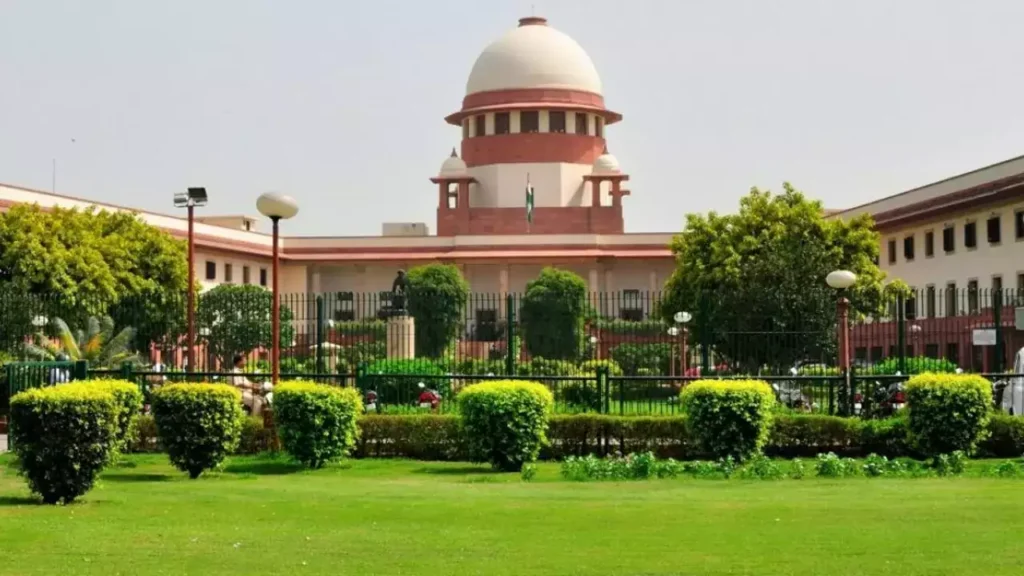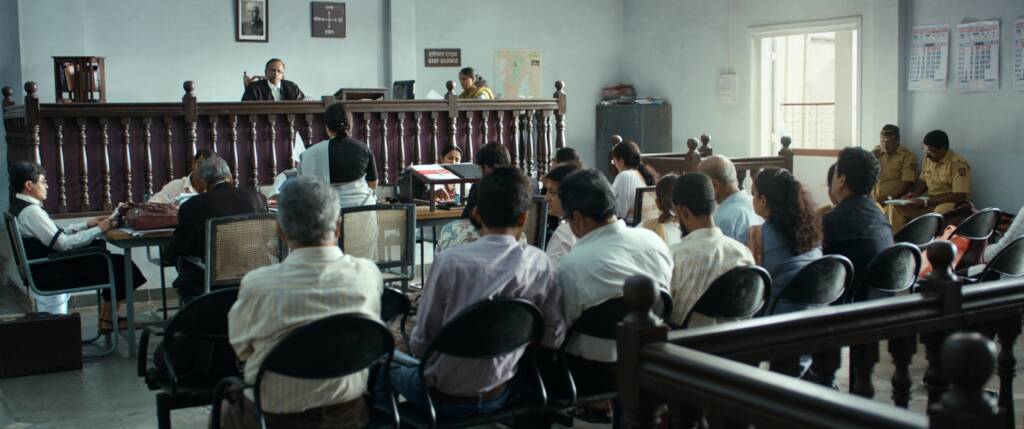The Indian legal system has seen its fair share of high-profile and impactful court cases that have shaped the nation and its citizens. From constitutional battles to crimes that shook the nation, these cases have been characterized by their complex legal arguments, human drama, and wider social and political implications. In this article, we explore ten such Indian court cases that have the potential to be adapted into gripping and thought-provoking movies. Each case highlights a different aspect of the Indian legal system and its impact on society, and offers a window into the human stories and experiences at the heart of these legal battles. Whether it’s the fight for justice, the defense of individual rights, or the quest for accountability, these cases serve as a testament to the power of the law to effect change and shape the course of history.

- Kesavananda Bharati v. State of Kerala: This was a landmark case in the history of Indian jurisprudence and involved a constitutional challenge to the power of Parliament to amend the Constitution of India. The case established the concept of “basic structure” of the Constitution, which can’t be amended by the government. The story of this legal battle, fought by a small-time Indian sage against the might of the Indian state, would make for a powerful and inspiring film.
- Manu Sharma v. State (Nirbhaya case): This high-profile case involved the gang rape and murder of a young medical student in Delhi in 2012, and sparked widespread protests and outrage across India. The legal battle that followed, which resulted in the convicted receiving the death penalty, would make for a poignant and hard-hitting movie that highlights the need for justice for victims of sexual violence.
- Jolly Thomas v. State of Kerala: This murder case, also known as the “Six Murders in One House,” involved the killing of six members of a family in Kerala over a period of 14 years. The case had elements of betrayal, deceit, and cover-up that would make for a thrilling movie. It also highlights the need for better investigation and forensic techniques in solving crimes.
- R v. Navjot Sandhu (2005): This case involved a Member of Parliament and a former cabinet minister accused of conspiracy to commit murder, and the political machinations surrounding it would make for a compelling film. The trial and its outcome would also raise important questions about the intersection of politics and the criminal justice system.
- Delhi Rape Case (2012): This case, which involved the brutal gang rape of a young woman on a moving bus in Delhi, sparked widespread outrage and led to a reexamination of laws and attitudes towards sexual violence in India. A film based on this case would serve as a powerful reminder of the need for societal change and the importance of creating a safe environment for women.
- Bhopal Gas Tragedy: The world’s worst industrial disaster, the Bhopal gas leak of 1984, resulted in the deaths of thousands of people and left hundreds of thousands more with serious health problems. The subsequent legal battle between the victims and Union Carbide India Limited would make for a thought-provoking movie that highlights the need for corporate accountability and the fight for justice for victims of industrial disasters.
- Aarushi Talwar murder case: This high-profile murder case, which involved the murder of a teenage girl in Noida, was surrounded by mystery and controversy. The trial, which saw the parents of the victim convicted and later acquitted on appeal, would make for a compelling movie that raises important questions about the criminal justice system and the need for a fair trial.
- Habeas Corpus case (1976-1977): This landmark case dealt with the suspension of habeas corpus during the Emergency declared by Prime Minister Indira Gandhi, and the challenges to civil liberties posed by the government. The story of lawyers, activists, and ordinary citizens fighting for the rule of law in the face of authoritarianism would make for a powerful and inspiring film.
- S. Rangarajan v. P. Jagjivan Ram (1989): This case dealt with the constitutional validity of the provisions of the Prevention of Terrorism Act (POTA), and the implications for individual rights and freedoms in India. A film based on this case would raise important questions about the balance between national security and individual rights, and the need for a just and fair legal system.
- The Nanavati case (1959): The Nanavati case was a high-profile murder trial that took place in India in 1959. It involved a naval officer named KM Nanavati who shot and killed his wife’s lover, sparking a nationwide sensation and turning the case into a media circus. With its elements of passion, jealousy, and the flawed justice system, the Nanavati case has the potential to be adapted into a captivating movie.

Conclusion
In conclusion, the ten Indian court cases explored in this article highlight the power of the law to shape society and impact the lives of its citizens. From constitutional battles to crimes that shook the nation, these cases offer a window into the human stories and experiences that lie at the heart of the legal system. Through the lens of these cases, we can see the importance of justice, accountability, and individual rights in shaping a just and fair society. Each of these cases deserves to be adapted into a movie, not just to tell their compelling stories, but also to inspire and educate future generations about the impact of the law on society and the role it can play in creating a better world.
MyLawCare recognises potential legal problems before they occur and helps you take strategic steps to avoid them. All legal services for People and Businesses.
And provides customised legal solutions to fit your company’s needs: From a single sales deed to complete 360° legal protection. What’s more, we connect you to schemes, programs, grants and tax benefits best suited to your business from across the globe! Book a consultation here.

